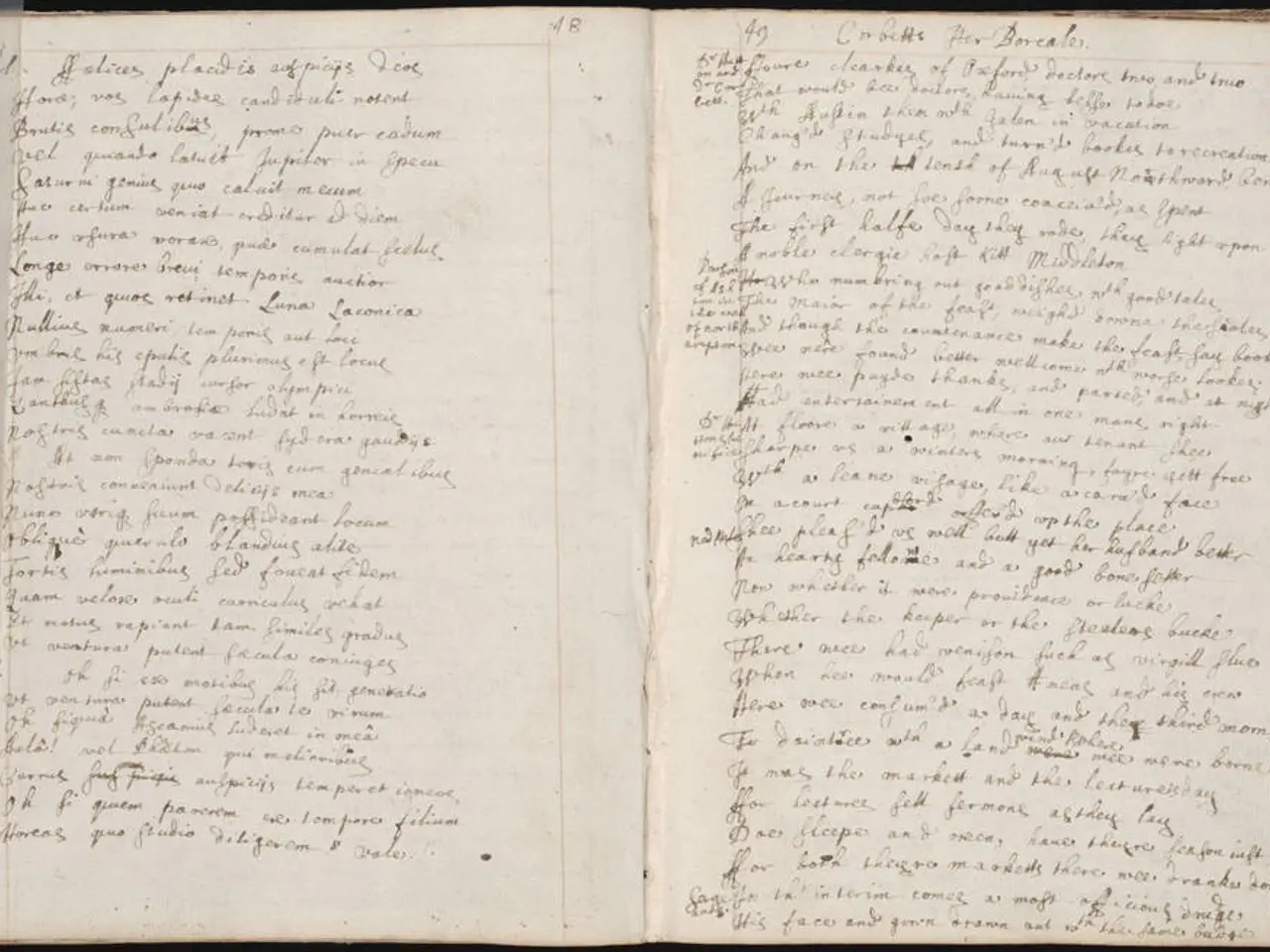Examining Bias at its Source: Within Us
In the teachings of the Baha'i faith, the root of many conflicts, whether on a personal, national, or global scale, is traced back to prejudices and biases. According to these teachings, all wars and bloodshed throughout history have been caused by religious, racial, political, or sectarian bias.
The Baha'i faith emphasises the importance of justice, which begins in the mind of every individual. It encourages individuals to question their own biases and prejudices, believing that true faith and justice can be achieved when these are abandoned.
One of the key aspects of this perspective is the recognition of human dignity. The Baha'i teachings stress that every person is a "gem-like reality" invested with the capacity to know and reflect the divine, calling for love, respect, and justice in our interactions with others rather than suspicion or blame.
Another important aspect is self-examination over judgment. The Baha'i principles encourage individuals to take responsibility for their own role in a conflict rather than attributing fault to others. This approach counters the asymmetry in motive attribution, fostering humility and reducing defensive blame.
Reconciliation and forgiveness play a crucial role in the Baha'i approach to peacemaking. Instead of escalating blame-based cycles, the focus is on gently restoring others by helping them see their contributions to conflict with kindness, and pursuing reconciliation through forgiveness and negotiation.
Collective learning and consultation are also integral to resolving conflicts. This process of open, respectful dialogue aimed at mutual understanding helps transcend unilateral negative assumptions about others’ motives.
The Baha'i teachings also address the inclination towards hatred, which can stem from bias. Hatred leads to an inclination to separate from or destroy the other, according to a study done at Princeton University. Abdu'l-Baha, a central figure in the Baha'i faith, asserts that as long as prejudice continues to exist among mankind, universal peace cannot become a reality in the world.
Abdu'l-Baha outlines that members of a future system of global governance, such as the Parliament of Man, must be free from religious, national, and all kinds of prejudices. He states that if members are not free from prejudices, they will not be able to reflect truth and legislate just laws for all humanity.
The attributes of people of faith, as outlined by Abdu'l-Baha, include justice, fair-mindedness, forbearance, compassion, generosity, consideration for others, candor, trustworthiness, loyalty, love, loving-kindness, devotion, determination, and humanity.
A scientific study questions why many conflicts remain intractable despite potential benefits from compromise. This question applies to various types of conflicts, including national and international, ethnic and religious, political, and personal ones like friendships, work relationships, marriages, and family dynamics.
In summary, the Baha'i teachings provide a framework for addressing and breaking the cycle of conflict by fostering an ethical and spiritual attitude that counteracts suspicion and blame through dignity, self-reflection, forgiveness, and collective learning. This approach is seen as essential in advancing unity in interpersonal and communal relationships.
- Embracing the Baha'i teachings, it's crucial for individuals to examine their own biases, particularly in areas related to health-and-wellness and mental-health, as prejudices can hinder personal growth and emotional well-being.
- Moreover, to promote global peace and unity, as proposed by the Baha'i faith, the future world leaders, as depicted in the concept of the Parliament of Man, should be free from religious, racial, political, and sectarian biases, including those that might impact health-and-wellness and mental-health, allowing them to govern fairly and justly for all humanity.




